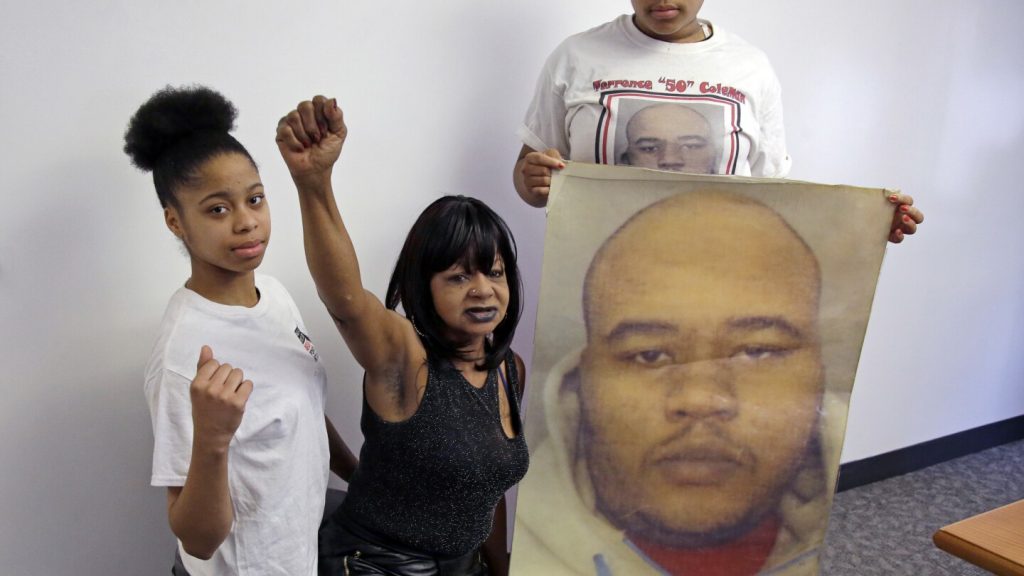The city of Boston has agreed to pay about $4.6 million to settle a wrongful death lawsuit related to the police killing of Terrence Coleman, a mentally ill man, in 2016. The lawsuit was filed by Coleman’s mother, Hope Coleman, who had called for an ambulance to take her son to the hospital when Boston police shot and killed him. Terrence Coleman, a Black man diagnosed with schizophrenia, was the victim of the fatal shooting, and his mother filed the lawsuit in an effort to bring about change in how first responders deal with individuals with mental illnesses. Hope Coleman expressed relief that some measure of justice has been done through the settlement, although it cannot bring her son back.
Boston city officials announced on Tuesday that they will pay approximately $3.4 million to Hope Coleman and Terrence Coleman’s estate, in addition to $1.2 million to cover legal expenses as part of the settlement. The city stated that while there is no admission of liability in the resolution, they recognize their procedural failures during the litigation process that delayed the matter’s resolution. They also highlighted their commitment to investing in alternative response programs for individuals experiencing mental health episodes, emphasizing their determination to provide continued support for mental health in the community. The legal team representing Hope Coleman confirmed that a judge dismissed the lawsuit on Monday, signaling the end of this particular legal battle.
The tragic case of Terrence Coleman’s death highlights the challenges faced by individuals with mental illnesses when interacting with law enforcement and emergency responders. The settlement of this lawsuit serves as a reminder of the need for improved training and protocols for handling such situations to prevent similar incidents in the future. Hope Coleman’s advocacy for change in how first responders approach individuals with mental health conditions has gained momentum through this legal battle and the subsequent settlement. While the financial compensation cannot erase the pain of losing a loved one, it provides some form of closure for the family and a sense of accountability for the city of Boston.
The acknowledgement of procedural failures by the city in handling the lawsuit underscores the importance of transparency and accountability in cases of police-involved shootings and wrongful deaths. By taking responsibility for their mistakes and committing to investing in alternative response programs for mental health crises, Boston officials are demonstrating a willingness to learn from past errors and make necessary improvements to better serve their community. The involvement of advocacy groups and legal representation in this case has also played a crucial role in holding authorities accountable and pushing for reforms in how mental health emergencies are addressed by law enforcement agencies.
Terrence Coleman’s tragic death and the subsequent legal battle for justice serve as a sobering reminder of the systemic issues that intersect race, mental health, and policing in our society. The $4.6 million settlement represents a step towards accountability and justice for his family, while also prompting broader discussions about the need for police reform and improved mental health services. As communities continue to grapple with these complex issues, the legacy of Terrence Coleman and his mother’s pursuit of change will hopefully inspire meaningful actions and reforms to prevent similar tragedies from occurring in the future. The resolution of this lawsuit marks a significant milestone in the fight for justice and accountability in cases of police violence and wrongful deaths, serving as a catalyst for positive change in how law enforcement agencies interact with vulnerable populations.















